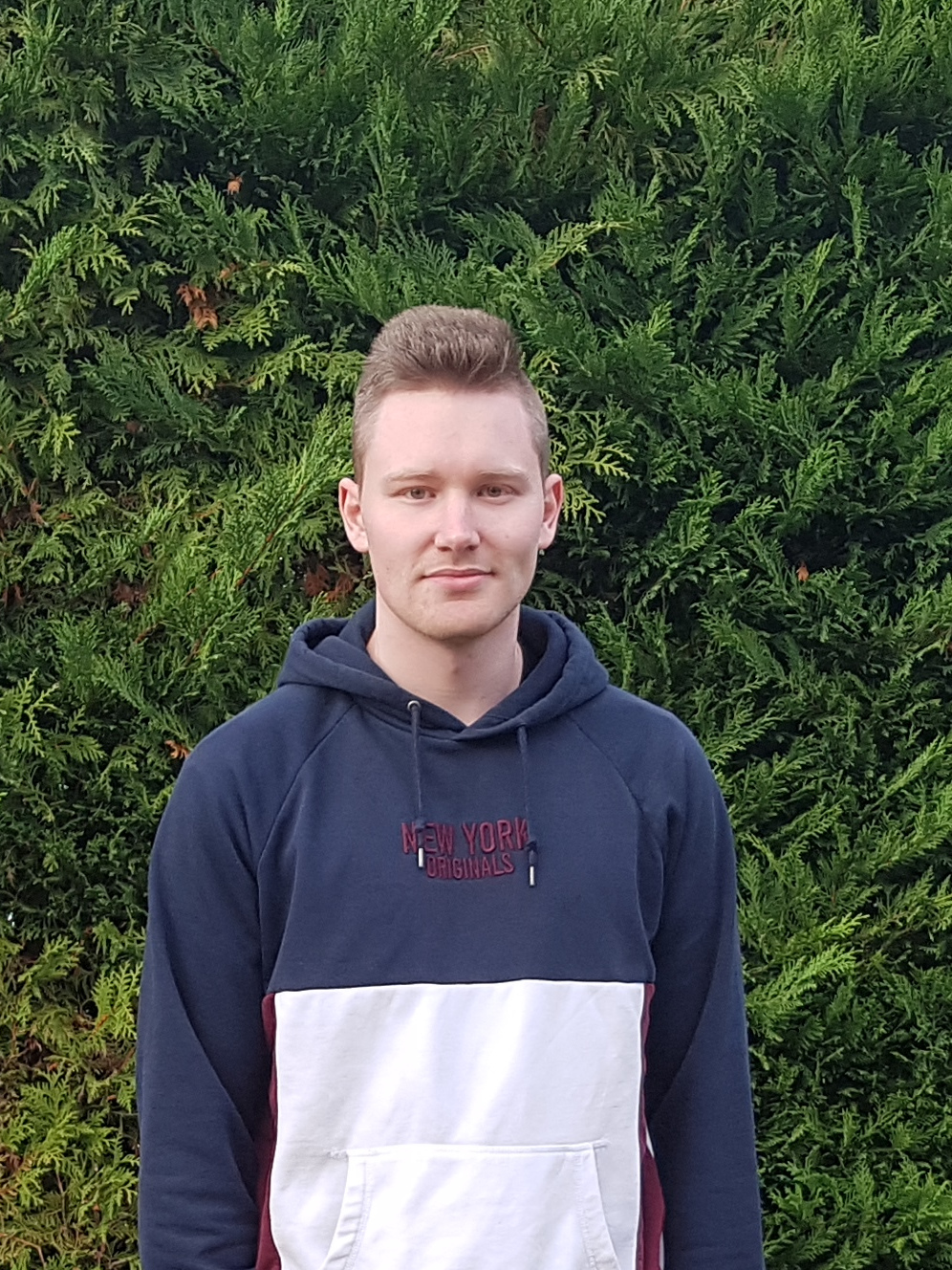MoQel: Seamless Development of Quantum Software with Stakeholder-Specific Views

Quantum computing use cases rely on different abstractions to model problems, which are then transformed into tasks for digital or analog quantum computers. Gate-based approaches dominate current programming models, while analog simulation is more common in physical literature. These approaches require different descriptions of input problems and computation sequences.
Different computational models—discrete and continuous in time and space—may offer distinct advantages for various tasks. For instance, quantum chromodynamics (QCD) problems, such as charge dynamics in lattice gauge theories, can be addressed with both digital and analog quantum computers, each providing unique solutions. Recent research has explored both models for applications like simulating string-breaking dynamics in QCD and solving combinatorial optimization problems via Ising models.
Despite significant progress in quantum hardware, quantum software still lags behind, with a lack of high-level abstractions and well-defined transformations. Existing quantum programming tools are often problem-specific, and there is a gap in developing general abstractions, model transformations, and stakeholder-specific views. This proposal aims to bridge that gap by developing a model-based methodology for quantum software that incorporates input from both the quantum computing and software engineering communities.
People
Related Publications
-
To Appear
Workshop
Towards Quantum Software for Quantum Simulation -
Proceedings Q-SE@ICSE2026.
PDF 2511.13520 [BibTex]
-
Under Review
Preprint
It’s Quick to be Square: Fast Quadratisation for Quantum Toolchains -
2024.
PDF Reproduction Package 2411.19934 [BibTex]



